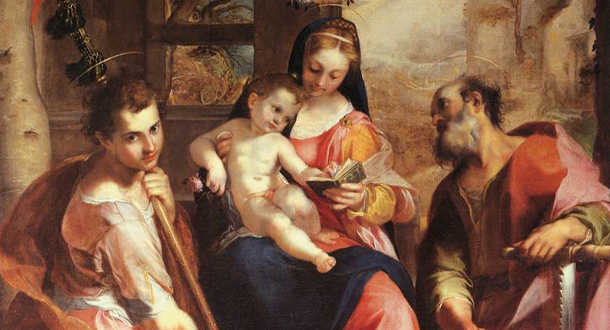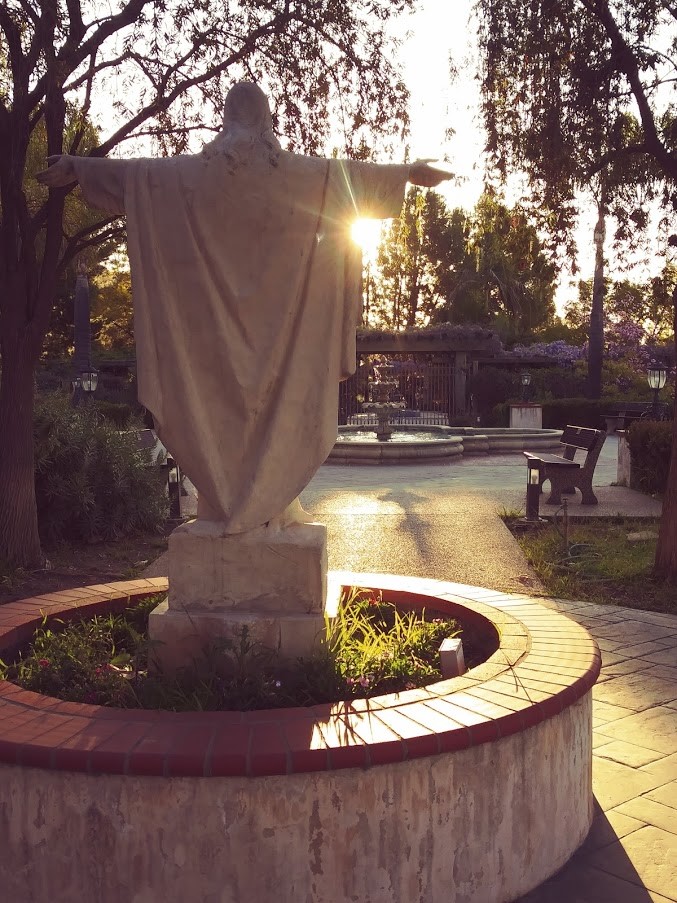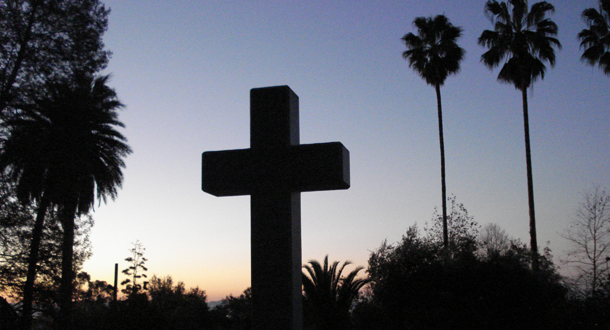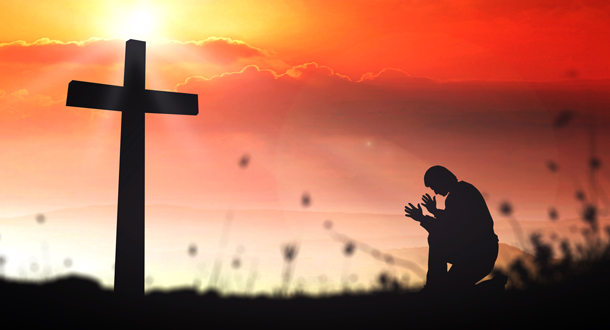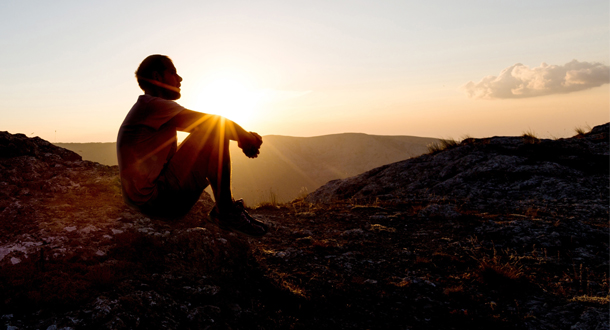
Scripture:
Wisdom 11:22-12:2
2 Thessalonians 1:11-2:2
Luke 19:1-10
Reflection:
I remember a story about St. Teresa of Avila. She said that the devil had appeared to her disguised as Christ. Because of her deep faith, St. Teresa knew immediately that this vision was not Jesus, so she dismissed him. Before he left, the devil asked her, “How did you know that I wasn’t Christ?” She responded, “You didn’t have any wounds – Jesus has wounds!” The moral of this story – know your source!
This reading reminds me how much I don’t like gossip, or that horrible telephone game where you start a phrase, and by the time it gets to the end, it is a perfectly senseless statement because people just can’t always seem to disseminate information clearly.
In this second letter to the Thessalonians, St. Paul is telling the people to not jump to conclusions – verify your sources before you begin to talk about the “coming judgment”, especially if there is a misunderstanding or misinformation from false teachers who really didn’t know what they were talking about. It wasn’t yet time for the day of judgment! Paul wants them to understand that the time must be in the future for the day of judgment because certain events had not yet happened, and it could therefore not be fulfilled as yet.
This reading is also a reassurance to us of God’s endless supply of grace to us through his Holy Spirit, and that in order to retain and continue to receive these gifts we must remain holy. He is so kind to us, and we give him the great pleasure of receiving and retaining his salvation. His son died for us to save us, and when we remain faithful to his grace and mercy, he will manifest his great love in us.
In Christ’s dying for us, through his passion and death, we must remember that we honor his sacrifice in the way we live our lives with joy and service, and we offer our sufferings to him.
Patty Masson supports the Passionists from Spring, Texas.


